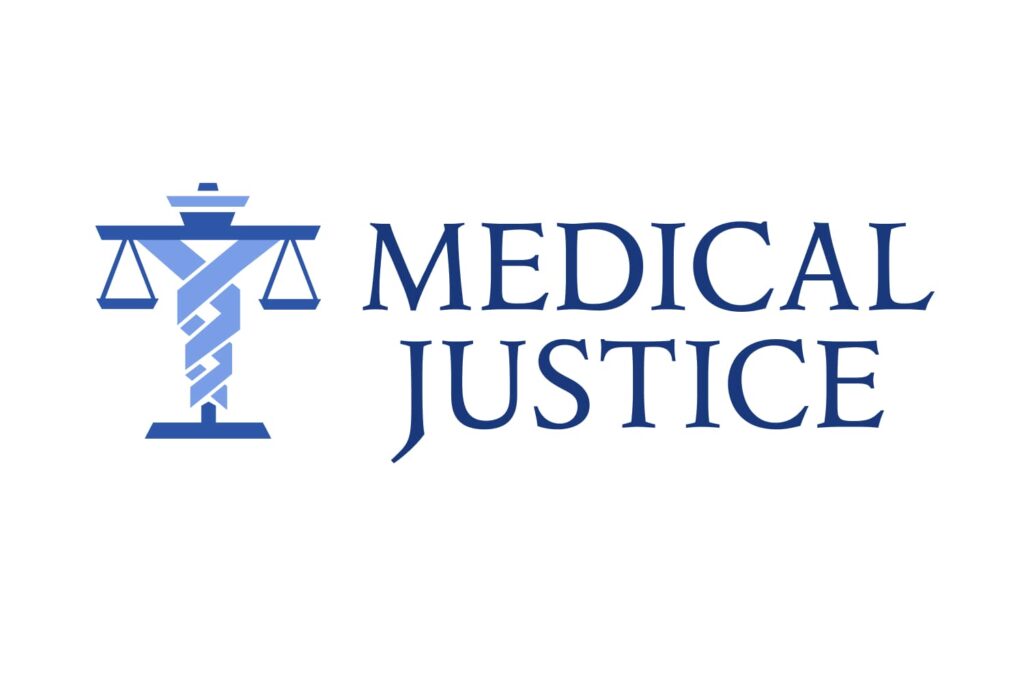If you could change just one thing about healthcare in the United States, what would it be? The issue of healthcare reform is certainly far from resolved. Access to care is about to be an even greater task to tackle. The rising cost of healthcare springs eternal. Tort reform is certainly high on the list.
It’s likely many objective opinions would choose Tort Reform. The reason is simple enough: tort reform affects more aspects of healthcare than anything else. Let’s take a look at the various aspects tangent to Tort Reform, and how real reform would significantly impact those areas.
The most obvious is the cost of medical malpractice insurance. If there were caps in place, insurance carriers would assume lower liabilities, so they could charge less. But this has a ripple effect. When doctors don’t pay as much for insurance, they don’t need to charge the patient as much for care. That results in lower health insurance premiums, too.
Another important way in which tort reform would affect the daily lives and practices of doctors and their patients is the defensive medicine which results from frivolous lawsuits. Redundant and unnecessary testing would be reduced dramatically. This would mean less time (and a lot less money) wasted in taking those tests, sending them off to labs, receiving and interpreting them, etc. That translates into yet lower premiums, of course. But it also translates into greater access to healthcare, because the physicians and staff aren’t bogged down administering, interpreting and notating such tests and their results.
Then there’s the psychological effects. For some time now, some patients have felt they were in adversarial relationships with their healthcare providers. Physicians most certainly can attest that things have gotten rather strained in Doctor-Patient relationships. (That tends to happen when a physician is doing his level best to improve a patient’s life and ends up being sued for it.) So doctors don’t feel as defensive. Patients don’t feel so unsure of their doctors either, and feel more at-east in sharing, which results in better communication between them. This leads to better health for the patients, a higher standard of actual health care.
To be sure, many things could use fixing, and any improvement is welcome. In the overall, though, tort reform is the one thing most likely to do the most good in the most places. It may not stop frivolous lawsuits, but at the very least, it could minimize their impact. From there, a good preventative defense, such as that which Medical Justice Members enjoy, takes care of the rest, so that doctors can return to doing what they do best: Healing patients.
Related:
About Medical Justice

Medical Justice provides comprehensive support for challenges such as preventing frivolous lawsuits, addressing unwarranted refund demands, managing sham peer reviews, and safeguarding your online reputation. Our expert team assists with issues like defamatory reviews, medical board complaints, and notices of intent to sue.
We offer legal protection plans, online reputation management, and consultations for concerns that fall outside of membership coverage (such as board complaints, National Practitioner Data Bank reports, and negotiation on your behalf with patients seeking refunds), with suggested next steps to help you regain control. If you require more hands-on assistance, or if your need falls outside the scope of membership, we can often be engaged for further support. Contact us today to get started by scheduling a consultation with a member of our tea





